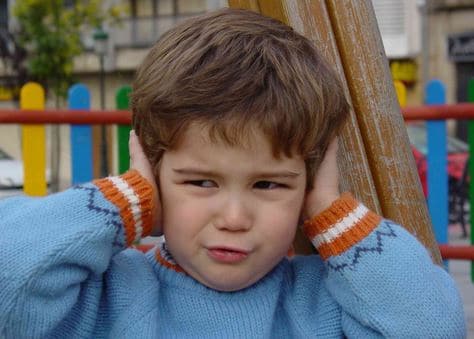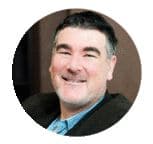Dec. 04, 2018
HHTM Hearing News Round-up: Notable Stories This Week
Before you start your Christmas shopping or light those Hanukah candles, grab your favorite festive beverage, perhaps eggnog, and catch up on some assorted industry news. Starkey Campaign and Lobbying Contributions Exceed Medical Device Giants In what is described as a political battle against Bose, Medtech Dive reports on a $687,000 lobbying campaign by Starkey during the recently






